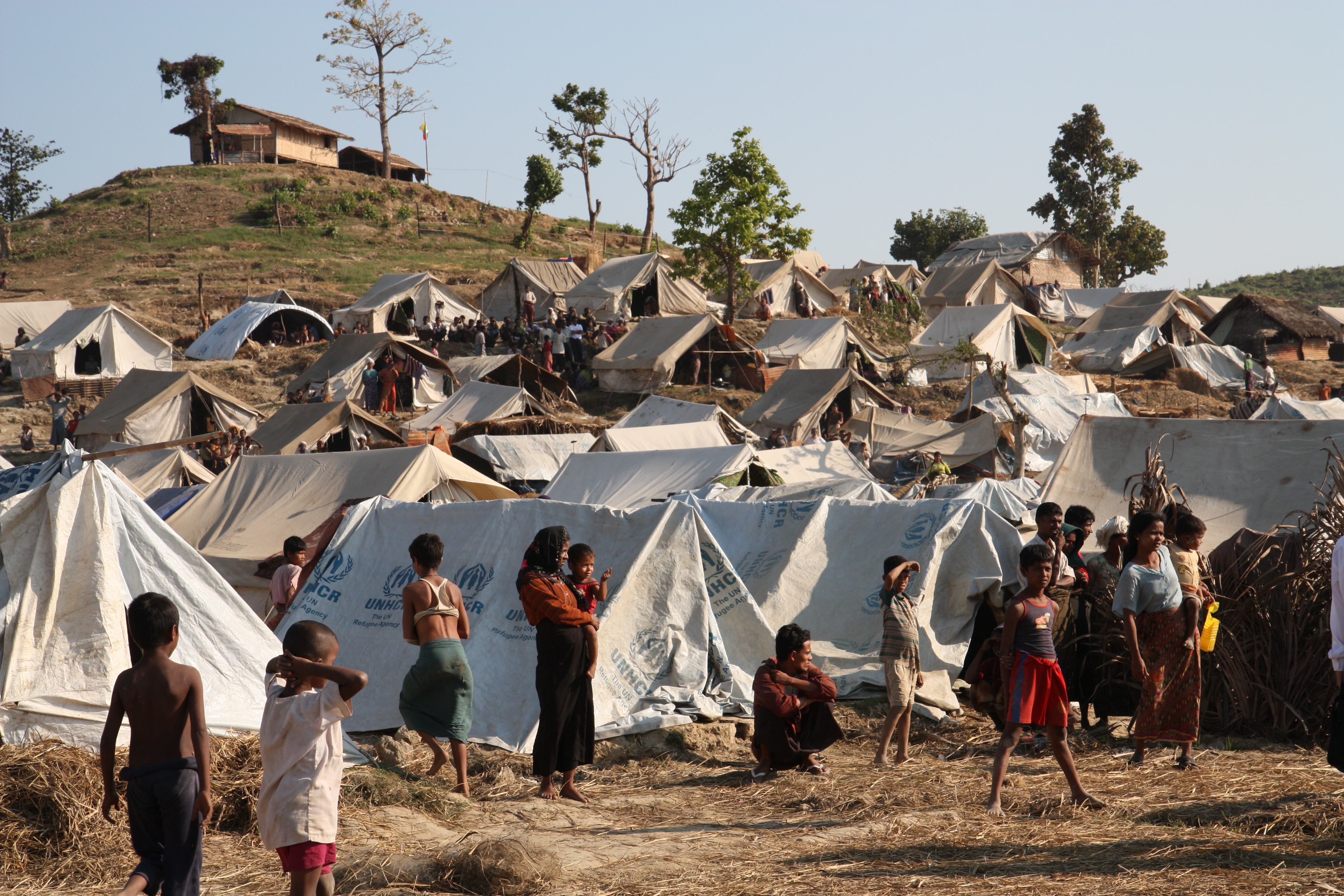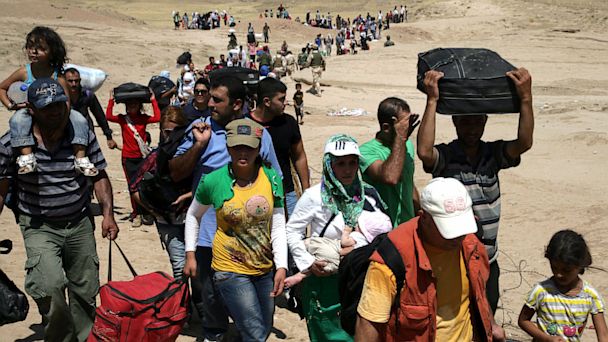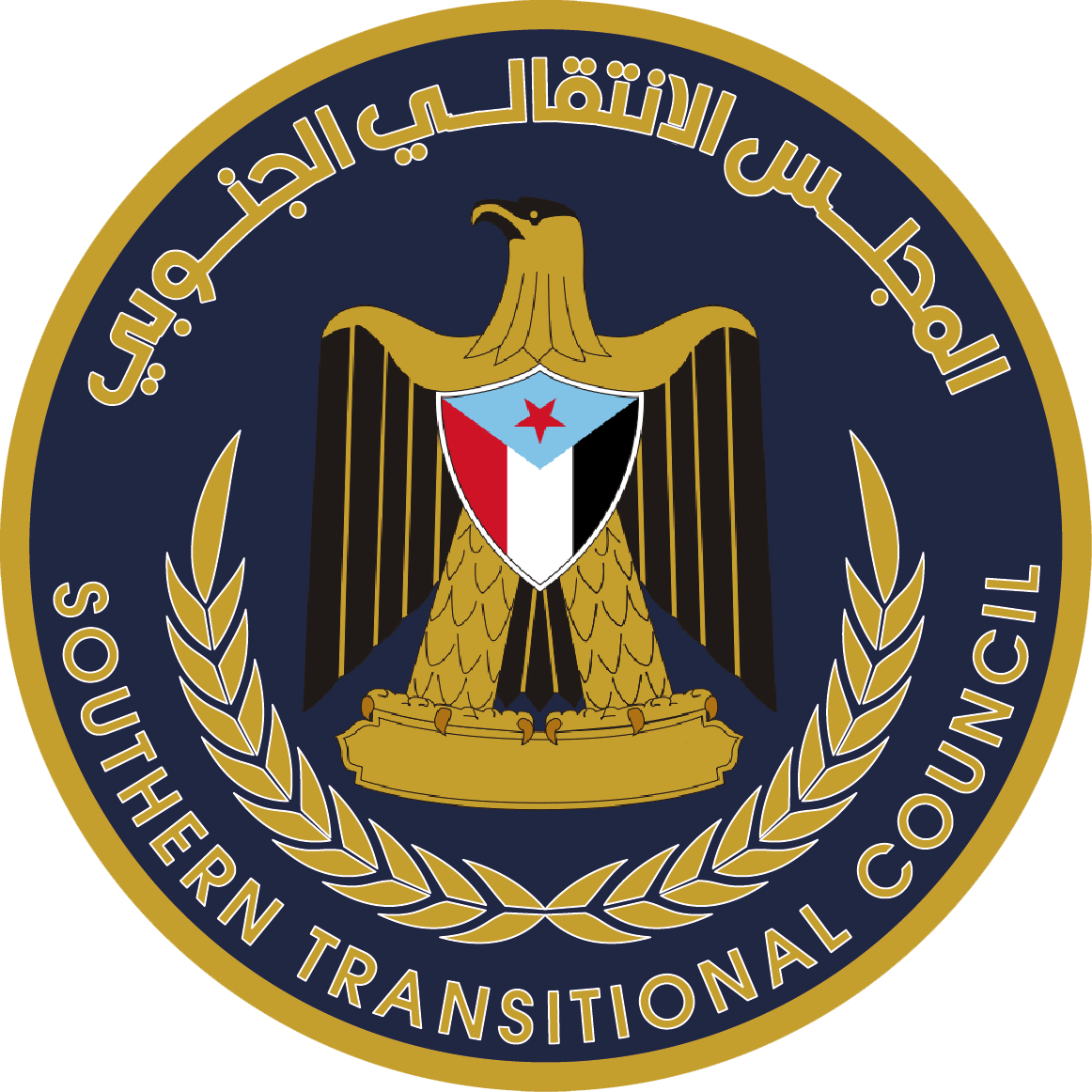Countless crimes and atrocities have been committed against the Rohingya people, a Muslim minority group in Myanmar (formerly Burma). There is no simple way to convey the severity of the dehumanizing actions that have been inflicted upon this vulnerable minority. Furthermore, it is difficult to propose a clear-cut solution to this humanitarian crisis, given a complex web of shaky governance, hollow excuses, violent ethnic nationalism, and a large lack of resources to support the Rohingya refugees.
The waves of violence inflicted upon the Rohingya people go back decades. Alongside deeply-entrenched policies of ethnic and religious discrimination, outbreaks of violence have flared up in the 1990s, 2012, and 2016, culminating in the most sustained ethnic-cleansing attack against the Rohingya in August 2017. Human Rights Watch describes the latest crisis as follows:
after militants from the Arakan Rohingya Salvation Army attacked police and army posts in northwestern Rakhine State on August 25, the military responded by killing thousands of Rohingya civilians, raping hundreds of Rohingya women and girls, and burning entire villages to the ground.
The Myanmar government’s reasoning for these actions was on the basis of a ‘clearance operation’ to clear out alleged militants, but there are clear indications that the true goal is clearing out Rohingya Muslims, as desired by the Buddhist nationalists. On top of the horrific atrocities, the biggest problem is that there have been no visible efforts by the Myanmar government to create a conducive environment for the Rohingya Muslims to return to their homeland.
Countries around the world have repeatedly called on Myanmar to address this tense situation head-on, yet not enough has been done to convince the government to take proactive measures in ensuring the safety and protection of minorities. Yet, the brutal, discriminatory conditions persist, and Myanmar remains uninhabitable for the displaced Rohingyas.
INTERNATIONAL PRESSURE
Since the beginning of the current refugee crisis, members of the international community have sought to exert pressure on this situation.
Bangladesh’s foreign secretary Shahidul Haque has fervently condemned “Myanmar’s failure to take steps towards repatriation of Rohingya by envoys from UK and US.” United Nations’ High Commissioner for Human Rights Zeid Ra’ad al-Hussein has also referred to the violence against the Rohingyas as a “textbook example of ethnic cleansing”.
More and more authorities have spoken up against Myanmar’s inaction, but the response from Myanmar’s representatives such as Ambassador Kyaw Moe Tun simply reaffirm that the “Rakhine situation has been utmost priority… since day one.” These empty words of affirmation and promises have made up much of the rhetoric around the Rohingya refugee crisis in Myanmar.
THE SITUATION IN BANGLADESH
Recognizing the lack of action, however, does little. Becoming familiar with the facts of the current day situation in Bangladesh, the country to which most have fled to, helps to emphasize the immediacy and severity of the situation on the ground. A large concentration of refugees have settled in the district of Cox’s Bazar, where resources have become increasingly strained, as have humanitarian and governmental efforts to support the Rohingya people.
Through a study executed to assess the instant needs of the Rohingya people, results revealed high levels of mortality among young Rohingya men, low levels of vaccination among children, poor literacy, and rising poverty to name a few major issues. Not only are the resources few, but there is an abundance of refugees in need, creating a severe lack of opportunities for Rohingyas residing in Bangladesh for the past few years. While Bangladesh has provided the people with access to UNHCR services, they remain categorized as illegal migrants. Not only does this label cause uncertainty for the Rohingya peoples but it also creates a negative sentiment towards the ethnic group from locals, as well as prohibiting them from accessing basic services.
WHAT’S NEXT
Although the initial fire and pressure from the international community has slowly died down with the passage of time, it is crucial that the world continues to keep Myanmar accountable for its actions, and to make sure the government continues to work, if slowly, towards creating a country that is inhabitable for all the people of Myanmar. Seeing the crumbling conditions in Bangladesh and the physical burden of supporting all the refugees, it is vital to ensure that the government of Bangladesh is not alone in this support system – the international community must continually provide the support needed for rehabilitation.
Thousands have been killed, women have been raped, and villages razed. The starkness of this reality must continue to sink in all over the world, until Myanmar finally decides to make the Rohingyas’ home in Rakhine a home again.
Featured Image: “Emergency food, drinking water and shelter to help people displaced in Rakhine state, western Burma, 2012” (2012), by UK Department for International Development via Wikipedia. Public Domain.
Disclaimer: Any views or opinions expressed in articles are solely those of the authors and do not necessarily represent the views of the NATO Association of Canada.




